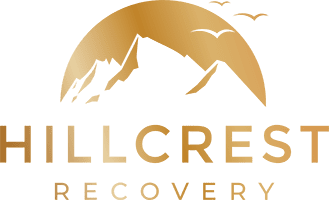Interventions by Hillcrest Recovery
For many addicts, the most difficult part in the recovery process is recognizing they need help and accepting the help in response. In severe addiction, addicts may even recognize that they have a problem, but they do not pursue treatment anyways. If your loved one is suffering from addiction, you likely want them to begin treatment but have no idea how to help.
One tool for getting addicts the help they need is through an intervention. An intervention involves hosting a formal meeting with the addict and some of their closest friends and family members. The purpose of the intervention is to motivate the individual to seek treatment. If they don’t, their friends and loved ones have consequences they are ready to enact to force the individual to get the help they need.
Even though interventions can be one of the most effective ways to get addicts to accept treatment, the intervention can actually be damaging if it is not hosted correctly. That is why it’s imperative to contact an intervention specialist. An intervention specialist ensures that your team is holding a successful drug intervention that encourages the individual to receive treatment.
Hillcrest Recovery offers intervention professionals and rehab facilities so your loved one can get the help they need from beginning to end. Keep reading to learn more about drug interventions in the San Fernando Valley. This page can help you to determine when to plan an intervention, how to get started, and how to follow up with the intervention. Scroll down for more.
When to Decide to Do an Intervention
If you are thinking about hosting an intervention, it’s important to get the timing right. If you host an intervention too early, it might not be effective, and it may reduce the effectiveness of interventions down the line. Interventions are most helpful for individuals who recognize they have a problem but do not want to receive treatment yet.
Even so, it can be difficult to know when your loved one is ready for an intervention. How do you decide when an intervention is right? You should do an intervention whenever your loved one is suffering and showing signs of serious drug or alcohol addiction. The signs of drug and alcohol addiction can be seen in your loved one’s physical appearance, physical health, and mental health. Here are some signs to look out for:
- Changes in appearance
- Financial hardship
- Run-ins with the law
- Obsessing over the next fix
- Increased tolerance
- Experiencing withdrawal when unable to use the substance
- Lying and stealing
- Changes in the relationship
- Unable to stop using the substance
If your loved one is suffering from one or more of the symptoms above, they may be suffering from an addiction. In that case, it may be time to do an intervention.
Tips for a Successful Intervention
Poorly thought-out interventions can actually be damaging. So, it’s important to know the tips for drug interventions that actually work. Here are the top tips to keep in mind when holding a successful drug intervention:
Hire an Interventionist
Never attempt an intervention on your own. Not only are you emotionally involved in the situation, but you also lack medical expertise in the area. Even if you are a medical professional, your emotional connection with the addict may cloud your judgment. That is why it is essential to hire an interventionist.
An interventionist is a medical professional who will walk you through the planning process and help you host an effective intervention. An interventionist can be an intervention specialist, social worker, psychiatrist, or medical professional who specializes in drug and alcohol addiction.
Plan Extensively
The worst interventions are those that are planned haphazardly. Interventions require extensive planning and research before the actual intervention takes place. You have to research medical options, treatment facilities, team members, and more. You also have to practice what you were going to say and anticipate the addict’s objections.
So, make sure to plan the intervention extensively before getting started. It’s best to work with your interventionist during the planning process. The interventionist will ensure you don’t miss anything and provide you with the resources you need to have an effective intervention.
Only Say What You Mean
One of the worst things you can do when planning an intervention is to say things you don’t really mean. What will happen is the addict will learn that you make a lot of claims and accusations, but you won’t follow through with the consequences. As a result, they will learn that they don’t actually need to get the help you are insisting upon since you will go back to your old ways anyways.
To prevent this from happening, only say what you mean. In other words, only propose consequences if you are willing to follow through with them. For example, do not claim that you will cease all interactions with the addict if they do not receive treatment unless you really mean it. Only by making claims you can back up will you show the addict that you are serious.
Stay Objective
The intervention is an emotional time. Although you want to show your loved one how much they mean to you, stay objective if they start fighting or making accusations during the intervention. Stick to the plan and stay as objective as possible so the situation does not escalate.
Hire an Interventionist
Never attempt an intervention on your own. Not only are you emotionally involved in the situation, but you also lack medical expertise in the area. Even if you are a medical professional, your emotional connection with the addict may cloud your judgment. That is why it is essential to hire an interventionist.
An interventionist is a medical professional who will walk you through the planning process and help you host an effective intervention. An interventionist can be an intervention specialist, social worker, psychiatrist, or medical professional who specializes in drug and alcohol addiction.
Plan Extensively
The worst interventions are those that are planned haphazardly. Interventions require extensive planning and research before the actual intervention takes place. You have to research medical options, treatment facilities, team members, and more. You also have to practice what you were going to say and anticipate the addict’s objections.
So, make sure to plan the intervention extensively before getting started. It’s best to work with your interventionist during the planning process. The interventionist will ensure you don’t miss anything and provide you with the resources you need to have an effective intervention.
Only Say What You Mean
One of the worst things you can do when planning an intervention is to say things you don’t really mean. What will happen is the addict will learn that you make a lot of claims and accusations, but you won’t follow through with the consequences. As a result, they will learn that they don’t actually need to get the help you are insisting upon since you will go back to your old ways anyways.
To prevent this from happening, only say what you mean. In other words, only propose consequences if you are willing to follow through with them. For example, do not claim that you will cease all interactions with the addict if they do not receive treatment unless you really mean it. Only by making claims you can back up will you show the addict that you are serious.
Stay Objective
The intervention is an emotional time. Although you want to show your loved one how much they mean to you, stay objective if they start fighting or making accusations during the intervention. Stick to the plan and stay as objective as possible so the situation does not escalate.
Request a 100% Confidential Callback
Still have questions?Request a callback orgive us a call today.
- No Obligation When You Call
- All Contact Is Completely Confidential
- We Are a JCAHO Accredited Facility
- Expert and Caring Staff Ready For You
- 5-Star Rated Programming
Why Hire an Interventionist in San Fernando Valley
As you learned from the tips for drug interventions, an interventionist is a key to holding a successful intervention. The interventionist has the skills required to research and navigate the situation. At the same time, they are objective enough that they will not become emotionally involved if the addict begins to refuse treatment.
Because of these facts, the interventionist will help the intervention go as smoothly as possible. They will provide their medical expertise to help you decide if an intervention is right. They can also help you find resources to plan out the intervention and treatment after. During the actual intervention, the interventionist can act as a stable foundation so the intervention does not escalate and run out of hand.
Let Us Help Make the Intervention Process in the San Fernando Valley Easier
If you’re thinking about hosting a San Fernando Valley drug intervention, let the team at Hillcrest Recovery give you a hand. Hillcrest Recovery is a top rehab facility in Southern California. We help individuals host drug interventions in the San Fernando Valley. We also provide a rehab facility after the intervention is complete and the addict accepts treatment.
Our San Fernando Valley intervention specialists are the best in the country. Even if you live elsewhere, you can still contact us about your intervention. Although you may be looking for intervention specialists in Florida, our San Fernando Valley drug intervention specialist can help your intervention go as smoothly as possible.
To learn more about our offerings here at Hillcrest Recovery, give us a call at 866-767-7919. We will help to determine a treatment best for your situation and help you find a program that’s right for your loved one with no cost or obligations. With the help of our drug interventionist, your loved one can begin their journey to recovery in no time.
We Accept Most Insurance
Insurance companies recognize addiction as a medical condition and something that must be treated. Hillcrest Recovery works with most insurance providers. Contact our admissions staff to receive information on the verification process and treatment options.








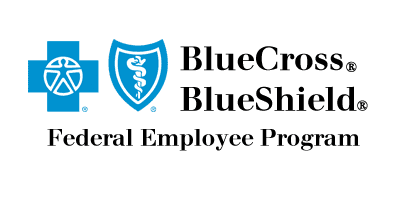



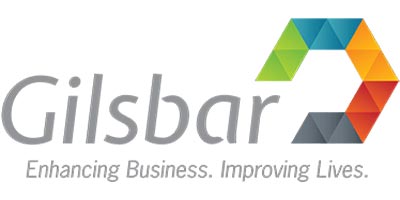



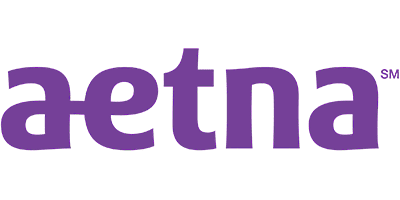



















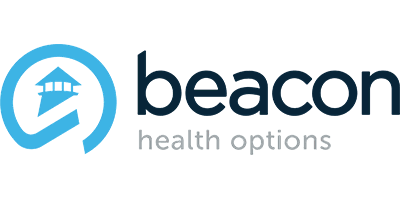

























What Our Clients Say
Have received treatment in several different institutions and Hillcrest is the best treatment I've received, by far! The facility is exceptional, staff is exceptional and the environment is very.
